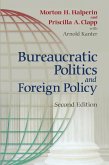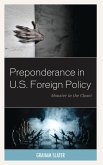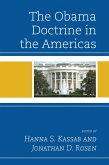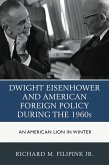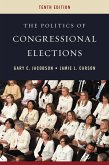In Congress and U.S. Foreign Policy, leading scholars examine the foreign policy activity, role and influence of the U.S. Congress in the current polarized and partisan political context. Challenging conventional views, the contributors reveal how members of Congress have been active and assertive, utilizing numerous different means to influence US foreign policy, sometimes supporting and sometimes opposing the President. The contributors provide in-depth analysis and expert perspectives on the issues, decisions, and debates that have arisen across multiple presidential administrations in the polarized political context since the end of the Cold War. This polarized environment greatly increases the conflict among, and complicates the ability of, policymakers to reach compromises, much less consensus, on the appropriate ends and means of US foreign policy. This timely and cohesive reassessment of the tumultuous years of the most recent presidential administrations focuses analytical attention on the patterns of engagement between Congress and the President and the range of avenues and influence by the collective institution and its individual members. It thus sheds light on the role and behavior of Congress and its members in US foreign policy as a vital aspect of understanding how and why the US chooses its policy courses toward the world.
Bitte wählen Sie Ihr Anliegen aus.
Rechnungen
Retourenschein anfordern
Bestellstatus
Storno



